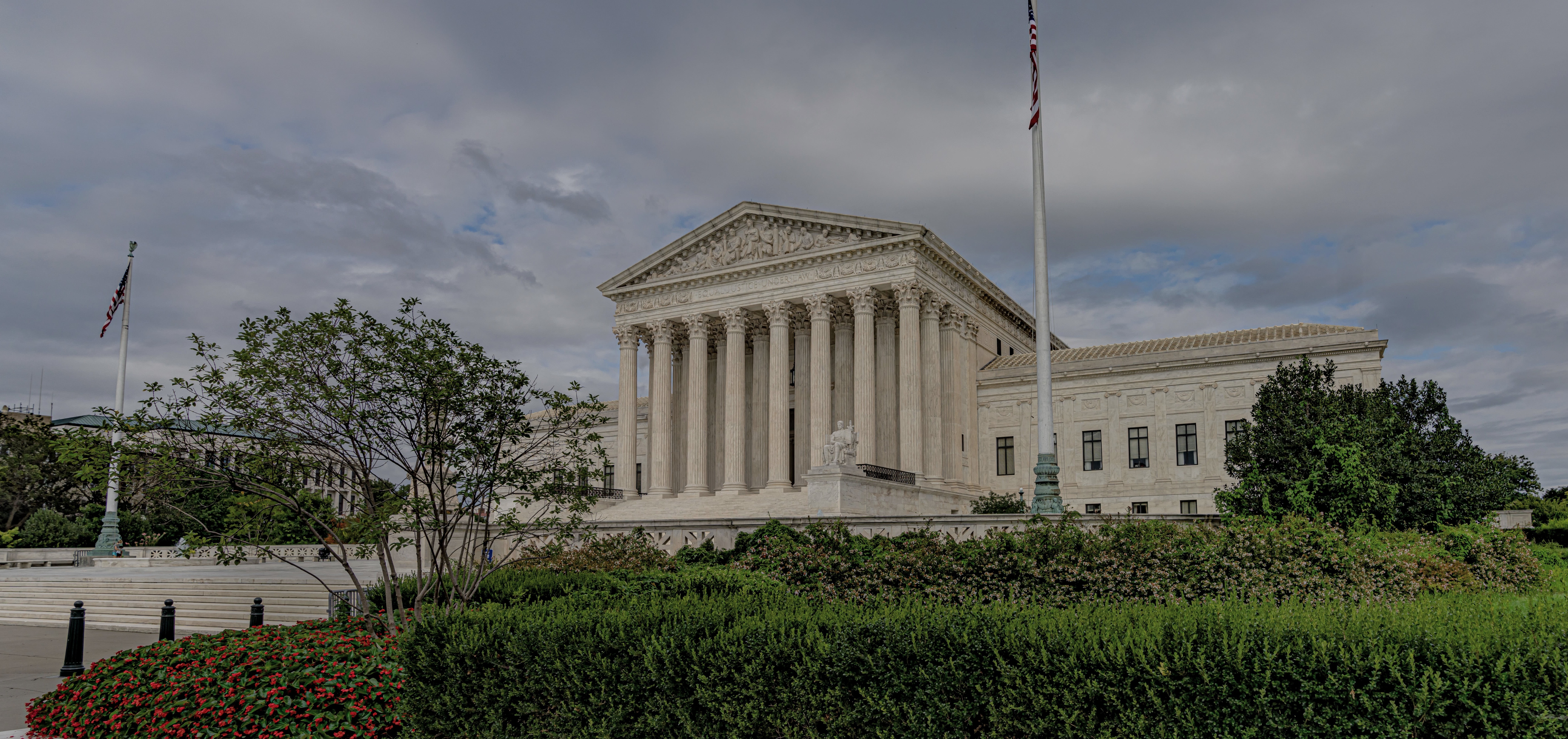This week in legal news
- A Houston family court judge is reprimanded after shackling two attorneys
- Chicago-based firm Seyfarth Shaw sanctioned for abusive discovery tactics
- Two New York attorneys who firebombed police vehicles aim for plea deal
- After technical issues affected Zoom trial, court decides that due process rights were violated, orders new trial
- Metal health study shows that 1 in 5 legal professionals have contemplated suicide during their career
Texas judge reprimanded for shackling two lawyers in the courtroom
Barbara Stalder, a family court judge in Houston, Texas has been reprimanded after two incidences. On two occasions, she ordered the bailiff to escort lawyers to the jury box and shackle them to chairs. Each of the two attorneys remained in restraints while proceedings continued.
Both incidents occurred after Judge Stalder spoke to the lawyers about their behavior, though she did not hold a contempt proceeding in either case.
In the first incident, Stalder called lawyer Derrick Saulsberry to the bench after being told that he had an exchange of words in the hallway with a relative of a his nephew, whom he was representing in a protective order proceeding. The relative told the judge that Saulsberry had cursed at her…In the second incident, lawyer Samuel Milledge II went to court to support his client during a protective order hearing. Milledge represented the client in a different matter. Stalder asked Milledge to approach the bench after she heard about his exchange with a court staffer in the hallway. (Via ABA Journal)
During the second incident, Milledge was released after his son came and explained that he had another trial to attend. Stalder apologized to both Milledge and his son the next day, claiming that she was unaware that he had been shackled.
Federal judge in Colorado sanctions firm Seyfarth Shaw for abusive conduct during discovery
Law firm Seyfarth Shaw and their client, Stryker Corp., have been ordered to pay a combined $4,750,688.47 to cover the costs of a special master appointed by the court to manage a highly adversarial discovery process.
Plaintiff ORP Surgical filed suit alleging that Stryker engaged in corporate raiding and breach of contract. Stryker filed a counterclaim for breach of two contracts, unfair trade practices, and tortious interference. The complex and antagonistic nature of the discovery process prompted the court to appoint a special master, retired judge Judge Charles M. Pratt, to assist in managing the process.
Pratt found that Stryker did not fulfill their duty to preserve and protect text messages, so he recommended a sanction. Shortly after Pratt’sreport saying that sanctions would be appropriate, Stryker produced those text messages.
Further, Pratt reported that attorneys at Seyfarth Shaw had behaved uncivilly and inappropriately during a deposition. He also noted that Seyfarth Shaw did not prepare witnesses appropriately and did not disclose relevant documents in a timely and complete manner.
Counsel for ORP, Chris Carrington of Richards Carrington in Denver, stated, “When ORP’s principal, Lee Petrides, refused to be run over and bullied, Stryker dispatched the Seyfarth Shaw law firm team of Michael Wexler, Justin Beyer, and Robyn Marsh, from Chicago to wage a war of attrition.”
“Thankfully, the way these lawyers conducted themselves is the exception, and not the rule, at least in Colorado, which is otherwise a nice place to practice law,” Carrington stated. “In a self-governing profession, we were grateful that the judicial officers held the lawyers and their firm accountable.” (Via Law.com)
New York lawyers who threw molotov cocktails at police vehicles aim for plea deal
Two Brooklyn lawyers, Colinford Mattis and Urooj Rahman, are facing jail time after firebombing empty police vehicles during violent protests. Now, they have requested a plea deal that would shorten their sentences to two years, down from the 10-year sentence originally sought by prosecutors.
This new agreement would mean that the pair each plead guilty to a conspiracy charge. Prosecutors will seek a two-year sentence, though a judge could still increase that term to a maximum of five years. The plea deal will not be finalized until formally accepted by a judge.
Prior to the new agreement, federal prosecutors had sought a 10-year sentence for the pair under a terrorism enhancement after they each copped to one count of possessing and making a destructive device. In the letter filed Tuesday, the feds noted the probation department had determined that the enhancement was unusually punitive given Mattis and Rahman’s lack of prior criminal histories. (Via The New York Post)
Due process rights were violated in Zoom trial plagued with technical issues, court says
The top court in Massachusetts granted a new trial after repeated technical issues prevented a mother from attending much of a trial over parental rights. The ruling indicates that the Essex County Juvenile Court violated her due process rights when they continued with the trial even after connection issues caused her to miss nearly a full day of testimony.
“If discussions had occurred in advance of the hearing, the parties and court might have been better prepared to enact a troubleshooting plan to try to overcome the technological issues that presented. Given the lack of safeguards in place, however, the proper course when it became apparent that the mother could not participate on the first day was to suspend the trial until the cause of the mother’s absence could be determined,” the opinion, written by Justice Dalila Argaez Wendlandt, reads. (Via Law.com)
During the trial, the mother was only able to call in by phone, but connection issues were still persistent. The court took a 30-minute recess to try to resolve the issue, but ultimately continued the trial without her, hearing from two additional witnesses. At one point during the trial, the judge commented that continuing without the mother was potentially an “appealable issue” but also stated that he was not sure if the connection issues were genuine or if she was intentionally not responding.
Technical issues were present with other participants in the trial, also, including audio issues and frozen video streams.
Study shows that anxiety and poor mental health are still more problematic than before the pandemic, 1 in 5 legal professionals have contemplated suicide
Trends in mental health are showing improvement, but levels of anxiety and depression are still higher than they were before the pandemic. Law.com and ALM Intelligence’s annual Mental Health Survey revealed a slight decline since 2021 in legal professionals reporting that they experienced anxiety (67%), depression (35%), and feelings of isolation (44%).
It is important to note that of those reporting feelings of anxiety, 87% said that they experienced anxiety before the pandemic. 56% of those experiencing depression said the same.
One stat that has remained the same over the history of this survey is the sobering statistic around those who contemplated suicide at some point during their professional career—hitting 19% this year. Even as we emerge from the pandemic and tensions may ease, other concerns can replace them, as was reported after the death by suicide last month of a prominent Philadelphia litigator.
This year’s survey added questions about remote work and issues impacting parents or other caregivers. It also continued to tackle thoughts around clients, the ability to untether from work and other issues specifically tied to the profession’s role in impacting mental health. (Via Law.com)
Unsurprisingly, 2020 was the year with the highest levels of mental health concerns. 2021 and 2022 have both showed slight declines, but reports of anxiety, depression, and suicidal thoughts have still not fallen to the rates reported in 2019 before the pandemic.





